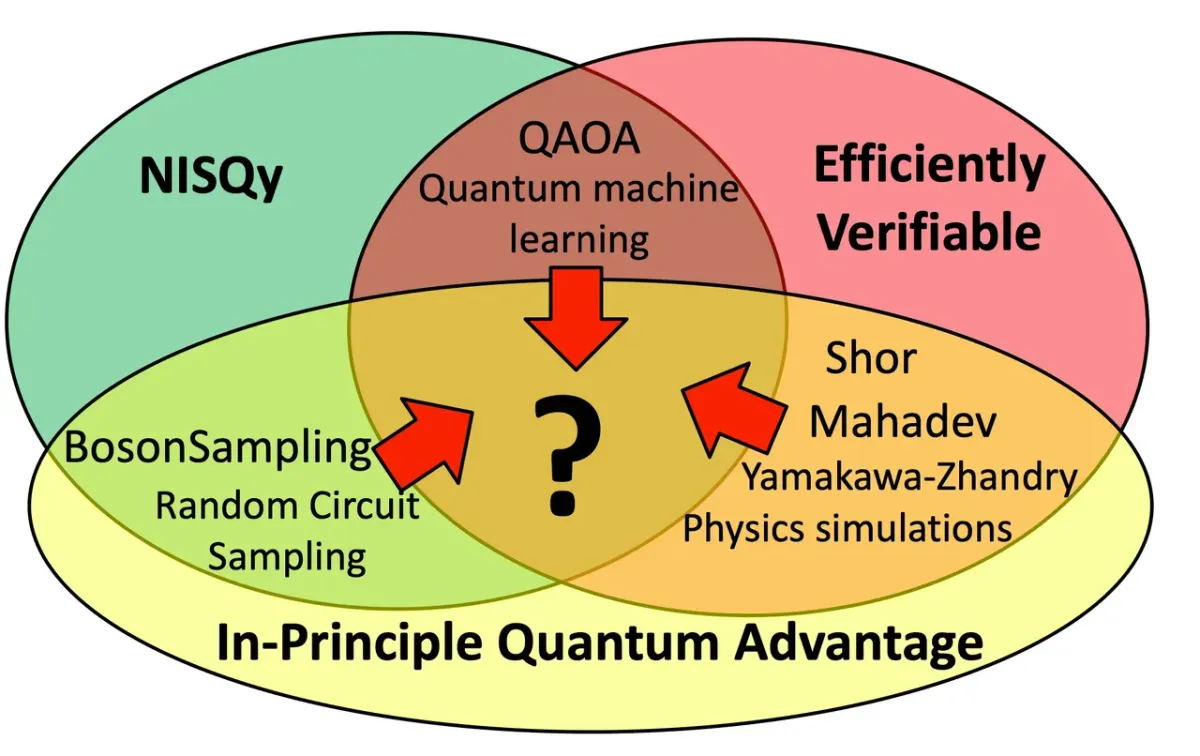Professor Scott Aaronson (UT Austin / OpenAI), in his talk at the Q2B conference, brought a fascinating reality check to the field of quantum computing. While significant progress has been made, demonstrating true quantum supremacy – a clear and verifiable quantum advantage over any classical computer – remains an ongoing pursuit.
A Look Back, and the Challenges Ahead
Let's recap the milestones:
- Google's Sycamore (2019): Their landmark random circuit sampling experiment with 53 qubits initially suggested a 10,000-year lead over classical computers.
- Boson Sampling: Another supremacy approach, using photons and beam splitters, has seen success with up to 150 photons.
But there are hurdles:
- Noise and Scale: Current experiments are inherently limited by non-error-corrected qubits. Scaling up leads to a decay in signal quality, hindering a clear advantage.
- The Spoofing Problem: Smaller-scale experiments have been met with clever classical algorithms capable of mimicking the results, blurring the lines of true quantum advantage.
- The Verification Barrier: Even verifying a quantum computer's results can take exponential time on a classical machine. With larger experiments, verification becomes practically impossible.
The Search for the Ideal Quantum Supremacy Experiment
So, what would it take for an experiment to definitively prove quantum supremacy? Prof. Aaronson outlines three key criteria:
- NISQ-Like: Implementable on near-term, noisy quantum computers.
- Clear Quantum Advantage: A theoretical basis for beating classical computers, ideally by a large margin.
- Easy Verification: The ability for classical computers to efficiently check the results.
The current challenge is that we can achieve any two of these, but not all three simultaneously.
A Call for Innovation
Prof. Aaronson highlights promising paths toward the ultimate goal, including:
- Pushing the limits of NISQ algorithms in hopes of uncovering a clear advantage.
- Adapting interactive protocols, usually requiring cryptography, for use on NISQ devices.
- Finding verifiable sampling-based experiments that sidestep the exponential scaling of classical verification.
One particularly intriguing direction is exploring "peaked" quantum circuits. These circuits seem random but choreograph quantum interference to give a specific, easily recognizable output. If abundant, they could pave the way to verifiable near-term quantum supremacy.
The Road Ahead
While achieving quantum supremacy with easy verification is complex, the potential rewards make the effort vital. Professor Aaronson's talk offers a valuable analysis of the field's current state and inspires continued research in this transformative area of computing.



Member discussion: